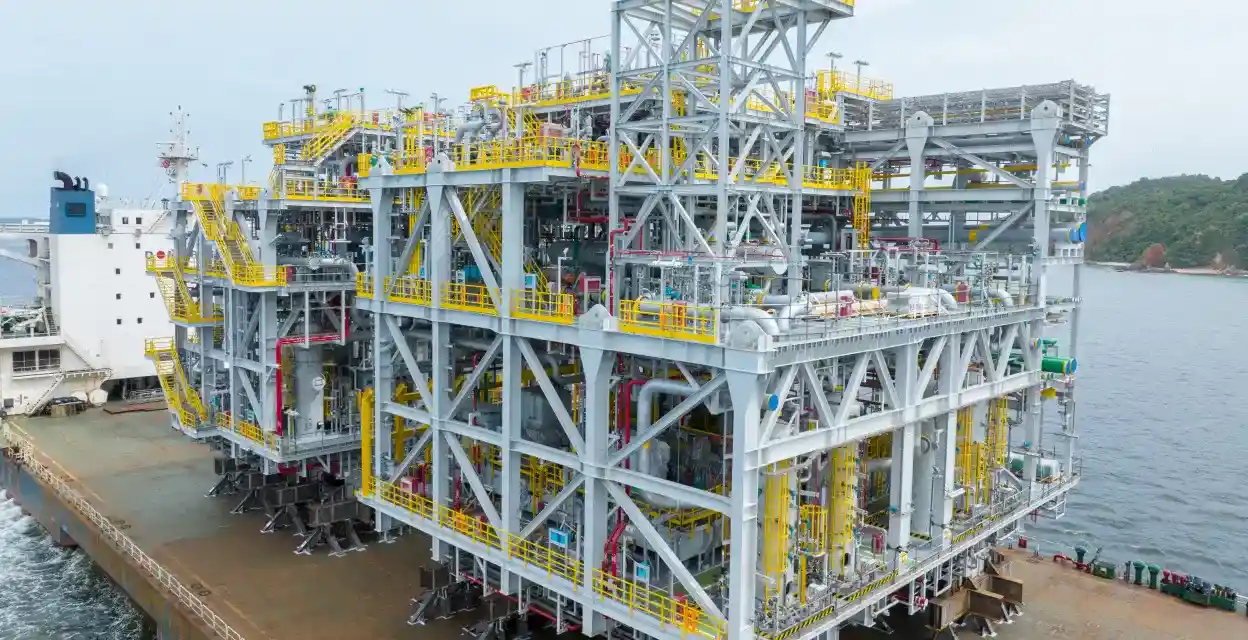Modular Engineering Solutions in Oil & Gas: Trends and Innovations
In the ever-evolving oil and gas industry, modular engineering solutions are at the forefront of innovation, offering cost-effective, flexible, and efficient alternatives to traditional construction methods. As energy demand continues to grow, the need for technologies that streamline operations and reduce environmental impact has become increasingly crucial. This article explores the latest trends and technologies in modular engineering solutions and how they are transforming the oil and gas sector.
The Rise of Modular Construction
Modular construction involves prefabricating components of a project in a controlled environment, such as a factory, and then transporting and assembling them on-site. This approach has gained significant traction in the oil and gas industry due to its numerous benefits:
- Improved Quality Control: Fabricating components in a controlled environment ensures consistent quality and reduces the risk of defects.
- Reduced Construction Time: Parallel fabrication and on-site assembly significantly shorten project timelines.
- Cost Savings: Reduced labor costs, efficient material usage, and minimized on-site waste contribute to overall savings.
- Enhanced Safety: Shifting a substantial portion of construction to a controlled environment reduces risks associated with harsh weather conditions and potential accidents on-site.
Emerging Trends in Modular Engineering Solutions
- Automation and Robotics: Integration of automation, robotics, BIM (Building Information Modeling), and 3D printing is streamlining design and fabrication, reducing errors, and improving efficiency.
- Integrated Modular Solutions: Combining multiple systems and components into a single, pre-assembled unit reduces on-site connections, speeds installation, and improves reliability.
- Sustainability and Environmental Considerations: Modular solutions are increasingly designed to minimize environmental impact, incorporating renewable energy sources and eco-friendly materials and processes.
- Digitalization and Smart Technologies: Smart grids and IoT solutions enable real-time monitoring and optimization of energy systems, enhancing efficiency and reducing waste.
- Customization and Flexibility: Modular solutions are highly adaptable, allowing easy modifications to meet specific project requirements and unique operational challenges.
Benefits of Modular Engineering Solutions
- Reduced Project Risks: Controlled environment fabrication minimizes on-site hazards and delays.
- Improved Project Outcomes: Enhanced quality control, reduced timelines, and cost savings lead to better overall results.
- Increased Efficiency: Streamlined processes, reduced waste, and real-time monitoring optimize operational efficiency.
- Adaptability to Changing Needs: Flexible modular systems can easily accommodate evolving project requirements and market conditions.
Conclusion
As the oil and gas industry continues to evolve, modular engineering solutions are playing a critical role in driving innovation and efficiency. By embracing the latest trends and technologies, companies can unlock the full potential of modular construction and position themselves for success in an increasingly competitive and sustainable market. From improved quality control to enhanced environmental stewardship, modular engineering solutions are revolutionizing operations, paving the way for a more efficient and sustainable future.
 Back To Blogs
Back To Blogs
